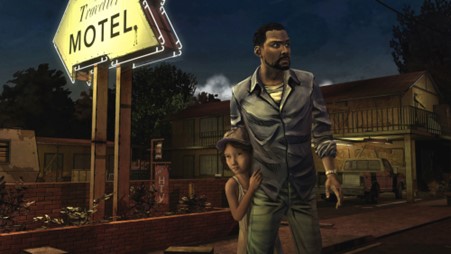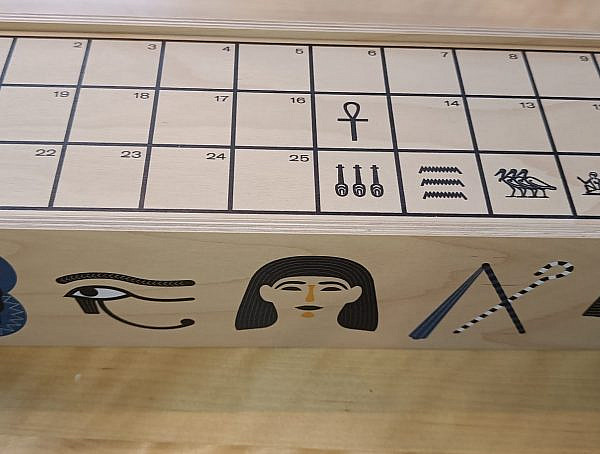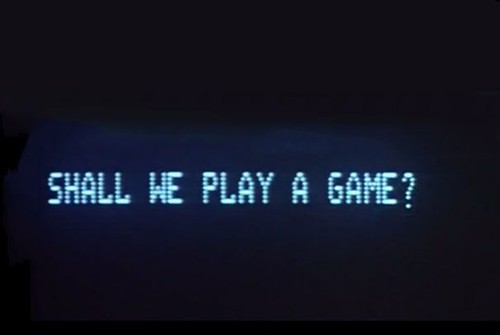Lindsay D. Grace and Maggie Farley from the American University in Washington, DC recently coauthored a paper presented at the Academic MindTrek 2016. It contains a brief research project report of JoLT, the Journalism and Leadership Transformation initiative of the American University which intersects the news industry with game design to produce journalistic innovations. The article also discusses engagement and dissects it to three key elements: experience, agency and play.
The engaging nature of games is raising both professional and academic interest. Games are framed as tools for problem solving in phenomena such as gamification, the applying of gameful elements to various non-game contexts, serious games, games mainly designed for other than entertainment purposes, and newsgames, serious games featuring journalistic aspirations. Now that journalism is facing challenges to reform the news production and consumption model as well as community management, it turns to games for help.
The 20th century success of the news industry was gradually formulated into an institutional process, which kept jobs stable, but could not sufficiently adapt to emerging markets. Conversely, game development requires expertise across disciplines and adaptability to succeed in progressing media, technology and business environments. Could the thriving game industry provide insights for stabilizing the field of contemporary journalism and other domains in dire need of systemic change? This is what the study was set out to explore.
The JoLT project that the article describes was a year-long venture into applying game design to the challenges facing journalism. JoLT received 2 years of research funding support and guidance from John S. and James L. Knight Foundation. The project group visited major print, web, television and news organizations’ premises and interviewed their managers. In addition to this case study of journalism, to acquire understanding on engagement in game design a literature review of flow theory (Csikszentmihalyi), marketing concepts in retaining engaged audiences (Cialdini), and the Mechanics–Dynamics–Aesthetics (MDA) game design framework (Hunicke, Leblanc & Zubek) was carried out. Based on these observations, the JoLT team hosted workshops and summits, organized game & play projects, published a handbook and established collaboration networks around the interdisciplinary subject matter of game design and journalism.
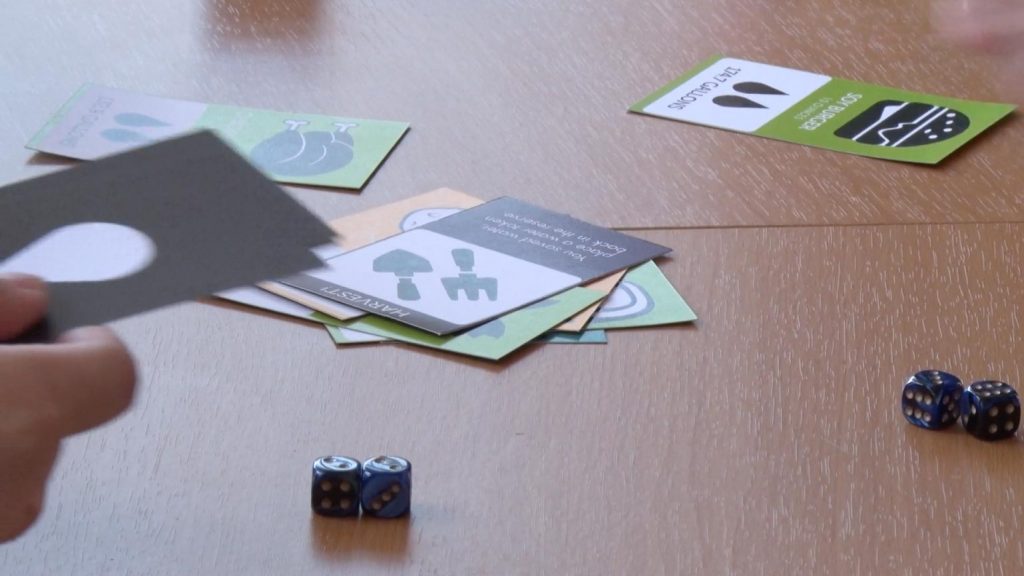
Game pieces from JoLT’s News Park. (Source)
One of the central concepts in games that the study focused on was engagement – meaningful, immersive interaction between the player/user/audience and the game/product/service. The study wanted to find out if game design could offer valuable ideas for engagement design in journalism and related non-game contexts.
The results of the study suggest that, when designing for audience engagement, it is useful to focus on three key elements: experience, agency and play. The article provides a definition for these terms and further explains each of their relation to engagement design. In addition to journalism, these elements could be utilized to improve other domains as well, such as activism, social impact and civic participation. The relationship between engagement’s key elements is crystallized in the article as follows:
“Something is engaging when it creates an experience that affords agency. While not all engagements must be playful, play is a familiar foundation from which much engagement is derived.”
An engaging gameful service supports experience, agency and play. Engagement supports a sense of reason through agency; motivation and substance through experience; and lateral, creative thinking through play.
The article highlights a couple of newsgames created in the project and reflects them from the perspective of engagement design, experience, agency and play. News Park is a card game about water consumption where players aim to construct a meal with the lowest water use. Factitious is an online quiz game where the player needs to read a short article and correctly identify it as either news, an advert, a commentary or satire. Spark is an educational game where players engage in playful agile journalism, creating short news stories that need to abide to arbitrary design restrictions.
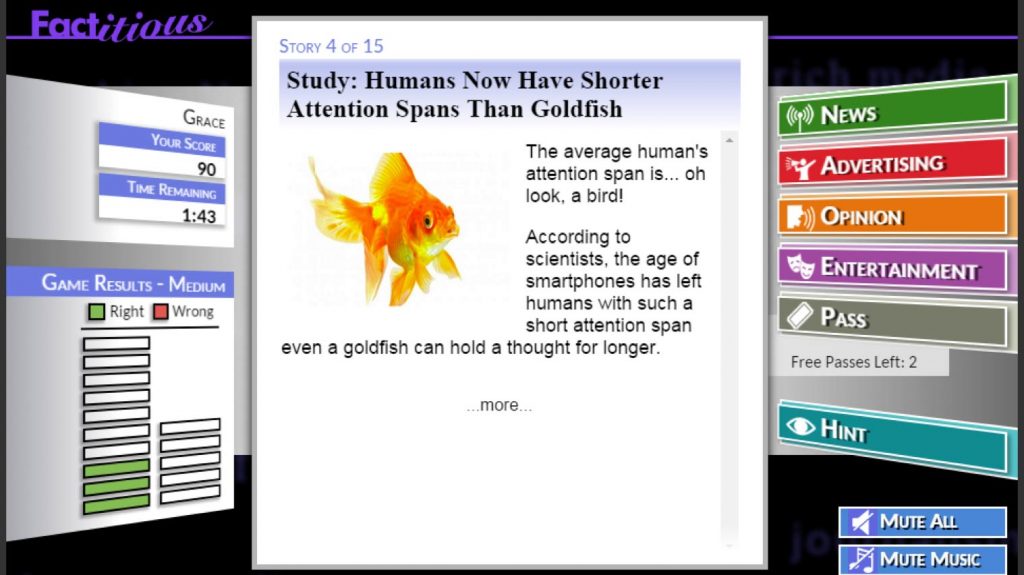
Screenshot of Factitious. (Source)
Engaging journalism is seen as not just a compelling marketing strategy, but also helping make sense of the world around us. Engagement design has the potential of connecting the vast amount of news stories to find meaning, to perceive the bigger picture and to explore the depth of the subjects being covered. On the other hand, the article also notes the darker side of engagement in the form of trolling and other malign intentions.
Article: How Game Design Thinking becomes Engagement Design
Authors: Lindsay D. Grace, Associate Professor & Maggie Farley, JoLT Initiative Professional Fellow, School of Communication, American University, Washington, DC, United States
Publisher: ACM (Association for Computing Machinery)
Publication: Proceedings of the 20th International Academic Mindtrek Conference
Published: October 2016
Language: English
Online: http://dl.acm.org/citation.cfm?doid=2994310.2994332 (subscription required)
Presentation: https://www.slideshare.net/Mindtrek/how-game-design-thinking-becomes-
engagement-design
Project Website: http://edspace.american.edu/jolt/
You might also like
More from Game Research Highlights
How do you want to do this? – A look into the therapeutic uses of role-playing games
Can playing RPGs contribute positively to your wellbeing? A recent study aims to find out how RPGs are being used …
Eldritch horrors and tentacles – Defining what “Lovecraftian” is in games
H.P. Lovecrafts legacy lives today in the shared world of Cthulhu Mythos and its iconic monsters. Prema Arasu defines the …
Are Souls Games the Contemporary Myths?
Dom Ford’s Approaching FromSoftware’s Souls Games as Myth reveals the Souls series as a modern mythology where gods fall, desires …







